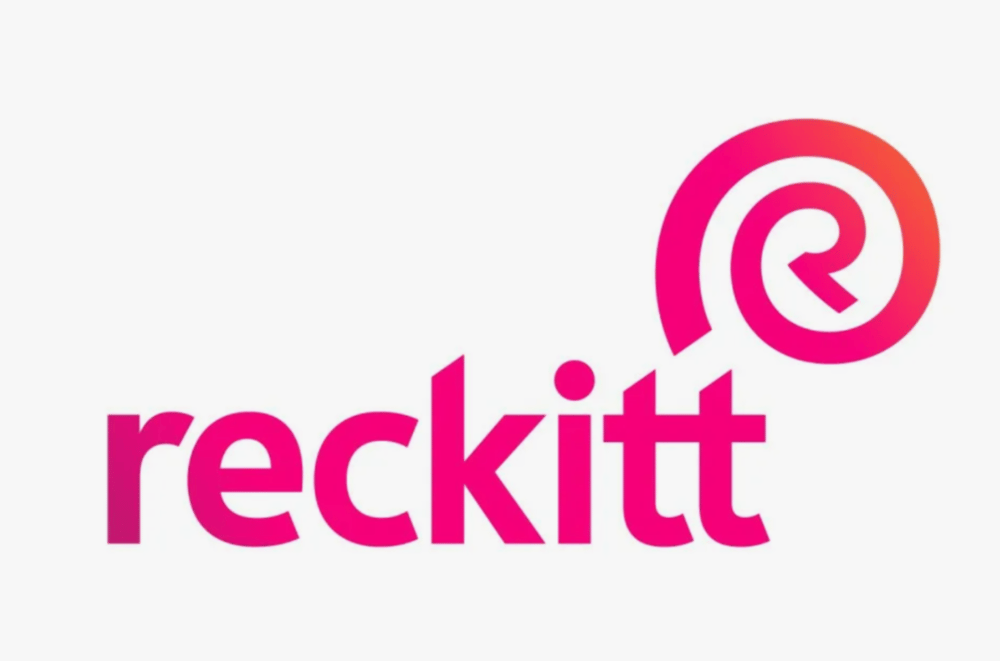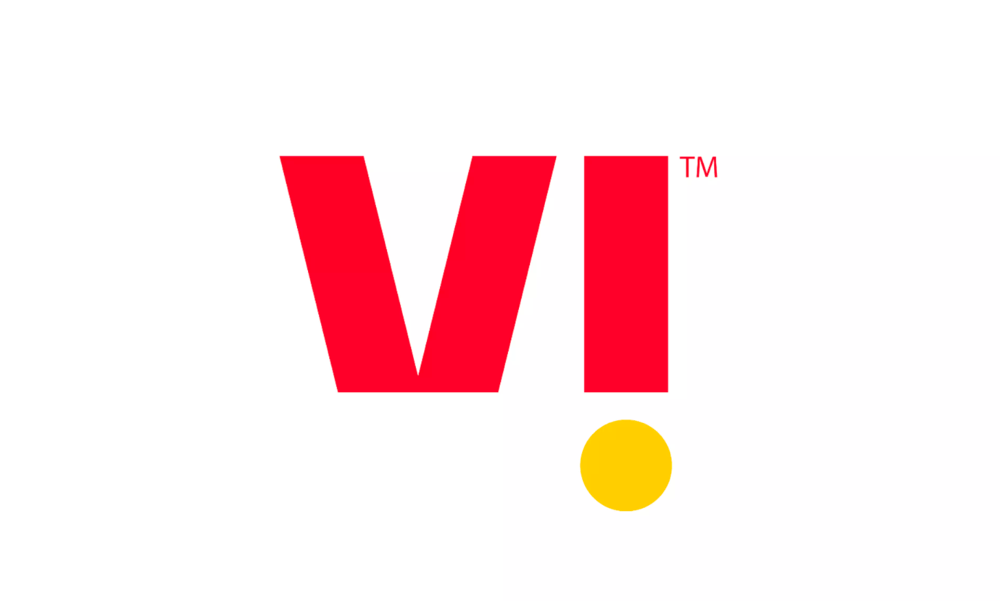Reckitt Struggles with Q1 Sales Expectations as Market Pressures Mount
Reckitt $RKT.L, the manufacturer known for its well-established cleaning brands like Dettol and Lysol, has reported disappointing growth in net sales for the first quarter of the year. This underperformance, attributed to declining volumes in crucial markets in Europe and North America, has led to a notable drop in the company’s stock prices. Despite maintaining its sales growth expectations, Reckitt has acknowledged facing "more challenging macroeconomic prospects."
Q1 Financial Performance Overview
Reckitt's results reveal significant challenges within the competitive landscape of consumer goods. Important highlights from the financial report include:
Decline in Sales Volume:
Revenues fell short of analyst expectations, primarily due to reduced sales volumes across key markets, particularly Europe and North America.
Growth Projections Maintained:
The company retains its forecast for comparable net sales growth of 2-4% year-over-year, signaling cautious optimism amid the broader pressures faced in the global economy.
Factors Impacting Reckitt’s Sales Performance
Macroeconomic Challenges:
The global trading environment has been unsettled, exacerbated by the trade war initiated by former President Donald Trump. This has resulted in economic uncertainties that affect consumer spending habits.
Intensifying Competition:
Major consumer brands like Reckitt, Procter & Gamble (PG.N), and Unilever (ULVR.L) are increasingly finding themselves in fierce competition with cheaper private label brands that gained popularity during the COVID-19 pandemic. These private labels have attracted cost-conscious consumers who are looking for budget-friendly alternatives.

Implications for Reckitt and the Consumer Goods Sector
Adapting to Market Dynamics:
Reckitt may need to reassess its marketing strategies and product positioning to maintain competitiveness in a shifting market characterized by price-sensitive buyers.
Brand Resilience:
While household goods manufacturers are generally seen as resilient during economic downturns, the current landscape suggests that companies must innovate and differentiate themselves to retain market share.
Future Considerations for Reckitt
Focus on Brand Differentiation:
Enhancing brand loyalty and improving consumer perception will be crucial as Reckitt navigates competitive pressures from private label brands.
Monitoring Economic Trends:
Staying attuned to evolving macroeconomic indicators will be key to adjusting strategies effectively, ensuring that Reckitt remains responsive to market shifts.
Conclusion
Reckitt's first-quarter results highlight the complexities faced by established consumer goods brands in a time of economic uncertainty and shifting consumer preferences. Although the company has retained its growth forecast, the challenges surrounding reduced sales volumes and intensifying competition indicate that proactive measures may be necessary for sustainable growth. As the market dynamics evolve, Reckitt’s ability to adapt and innovate will play a crucial role in its future success within the consumer goods sector.















Comments
A transaction like this could pave the way for transformative automation shifts in the tech industry
This approach to investment is paving the way for groundbreaking advancements in the intersection of tech and automation